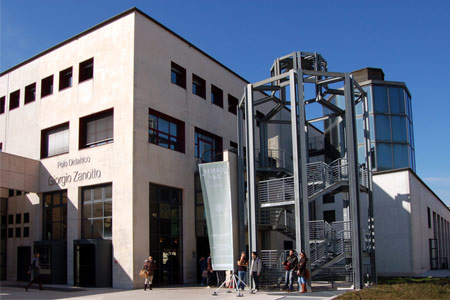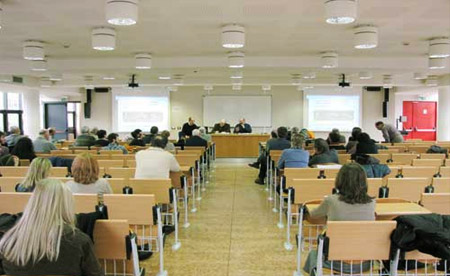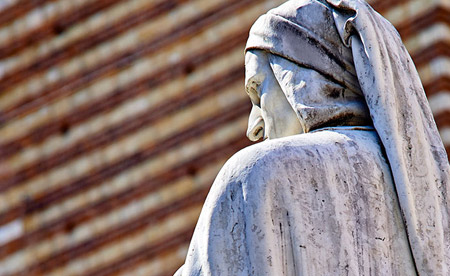Learning outcomes
Acquisire padronanza nell'uso degli strumenti critici e storici della disciplina, nonché la capacità di analizzare e contestualizzare le principali corrente artistiche e di approfondire criticamente le opere realizzate nel XIX e XX secolo anche in funzione di ricerche autonome.
Magistral Course
A. BIENNALE DI VENEZIA, 1948: FIRST PRIZE FOR PAINTING TO GIORGIO MORANDI
Essential bibliography
F.Arcangeli, Giorgio Morandi (1964), Allemandi, Turin 2007
R. Pasini, Morandi (1989), CLUEB, Bologna 2011
B. THE TIME OF THE FORM: THE ARTISTIC RESEARCH OF ADRIANO PITSCHEN
Essential bibliography
R.Pasini, Adriano Pitschen. Form, proliferation, emptiness, Pendragon, Bologna 2003
A. Pitschen, In vivo, catalog of Art Museum, Mendrisio 2010
A. Pitschen, Present Forms, catalog of Villa Pia, Lindenberg Foundation, Lugano 2018
Teaching and exam methods
Inside the Courses will take place visits to museums and exhibitions - in order to promote direct knowledge of the works -, seminars, book presentations, meetings with the protagonists of contemporary culture: all modes that meet great favor by the students.
From an iconographic point of view, the exam test focuses on the artists and the works seen in class and present in the texts.
Students are advised that the recent history of contemporary art has dealt with issues and problems that are sometimes strong, direct, and scabrous: all this is part of the freedom of expression and the rights of artistic research for which every responsibility is declined.
The exam consists of a written test. The main evaluation parameters are: 1) actual interest and level of preparation; 2) mastery of the subject of study; 3) argumentative capacity; 4) expressive quality.
The correction of the works usually takes about 7 days; if the number of the examinees is very high it can vary.
Students are reminded that, for commercial texts with copyright, reproduction, even partial, by any means, including photocopies, that has not been authorized, is forbidden. It is also noted that the purchase of the texts is free and can be replaced by the library loan.
The regulation provides for the obsolescence of the programs: because of this the student who did not take the exam within the six allowed calls (from January to September) is required to take the program of the last year to the exam, except for students off course and part time.
Reception mode
Two types of reception are offered: frontal and telematic. At front reception it is advisable to book by e-mail, so that the student receives for his convenience an appointment with precise day and time; in addition to this, the electronic reception - which is answered usually on Wednesday - is carried out for all the e-mails to which an answer is deemed to be due, if the e-mail address is accepted and the student has sent the mail to the right address: please then take note of it well: pasini.roberto@univr.it
Thesis
Can propose a thesis topic, without any constraint, who has previously supported at least one exam that falls within the SSD; however, to avoid overlapping with other proposals, the student is advised to submit to the teacher three topics, among which the one on which the thesis will be held will be agreed. The students are offered the opportunity (not mandatory) to deepen their knowledge in view of the thesis through an Iteration, consisting of the preparation of a second Progressed exam with a different program from the one already supported.







